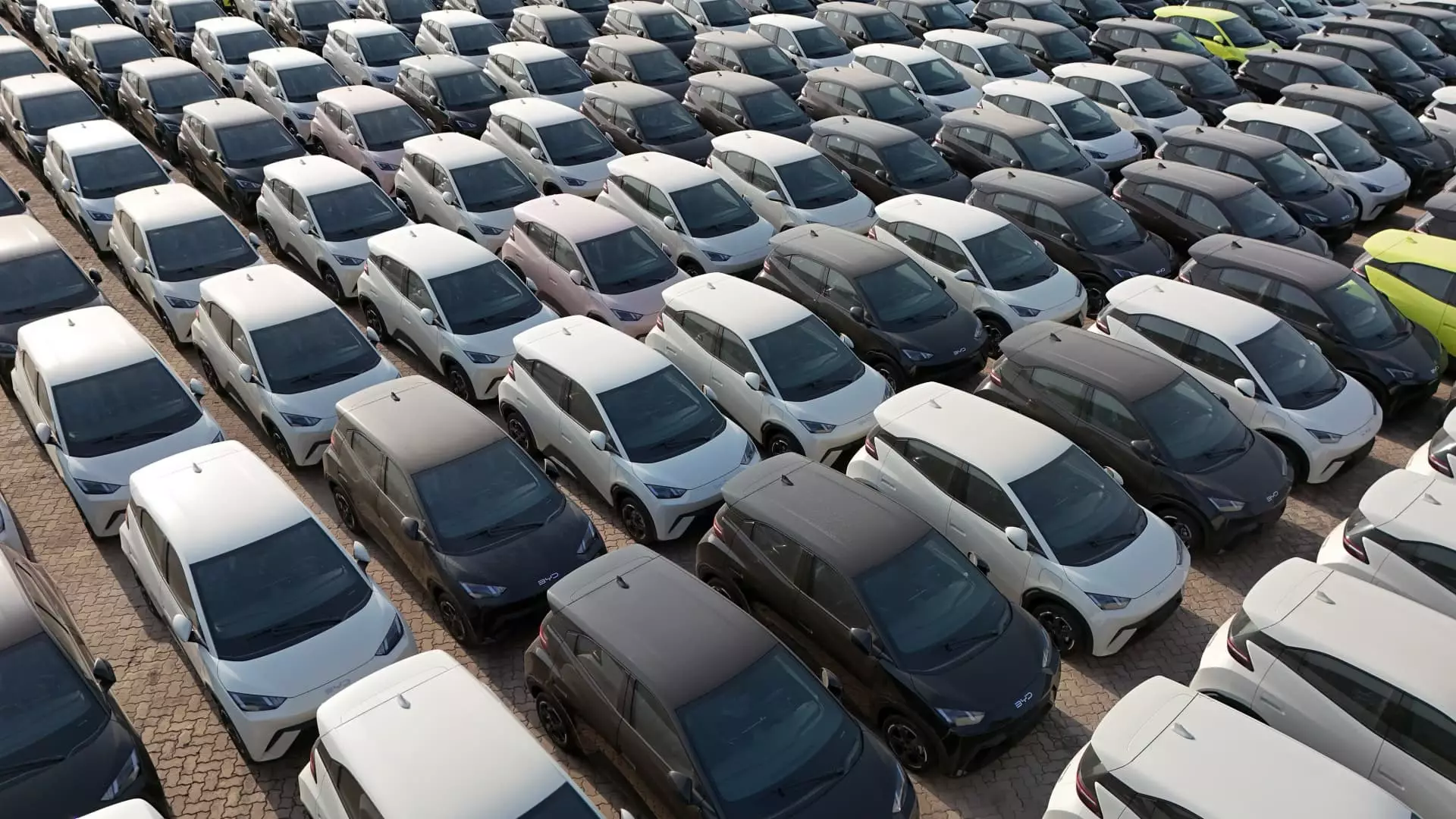The Chinese government has recently expressed its disapproval of the European Union’s decision to impose tariffs on electric vehicle imports from China. The Ministry of Commerce spokesperson stated that China believes the EU’s investigation into China’s subsidies for the electric vehicle industry has already reached biased conclusions. The spokesperson further accused the EU of promoting unfair competition and reiterated that China will take all necessary measures to protect the interests of Chinese companies.
On Tuesday, the European Commission announced a reduction in import duties on electric vehicle manufacturers, including Tesla, importing cars from China. The tariffs for Elon Musk’s Tesla were set at 9%, lower than the previously expected 20.8%. Additionally, the EU lowered tariffs on other Chinese electric car makers such as BYD, SAIC, and Geely. These tariffs were implemented in response to concerns about China’s generous subsidies distorting competition in Europe.
In response to the EU’s decision, the Chinese Commerce Ministry highlighted that China and the EV industry had submitted extensive legal documents and evidence to defend against the EU’s allegations. The Ministry argued that the EU’s tariffs would disrupt the global automotive industry chain supply chain, including in the EU. Despite China’s efforts, the final ruling by the EU did not fully consider China’s perspective and relied on unilaterally identified facts.
The Chinese government expressed opposition and concern over the EU’s decision and emphasized the importance of resolving trade disputes through practical actions to prevent further escalation. China hopes for a diplomatic solution to the issue with the EU. Despite the tensions, both parties aim to avoid an increase in trade frictions and maintain a stable relationship.
The ongoing trade tensions between China and the EU regarding electric vehicle imports highlight the complexities of global trade relations. Both sides have valid arguments and concerns, but finding a mutually beneficial solution is crucial to maintaining a harmonious trade environment. It remains to be seen how this issue will unfold in the future and whether additional measures will be taken to address the underlying trade disputes.

